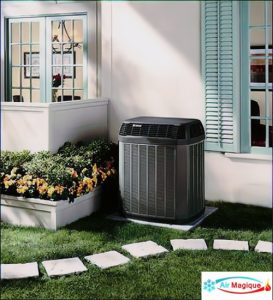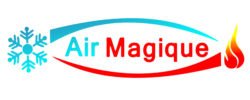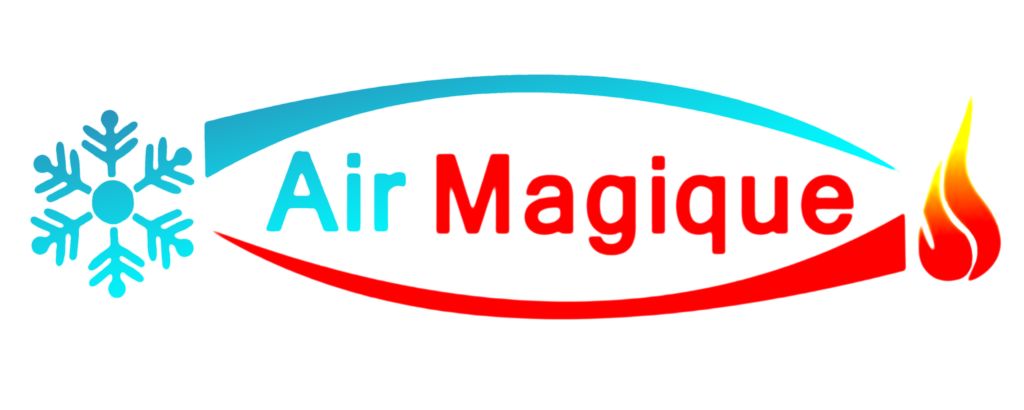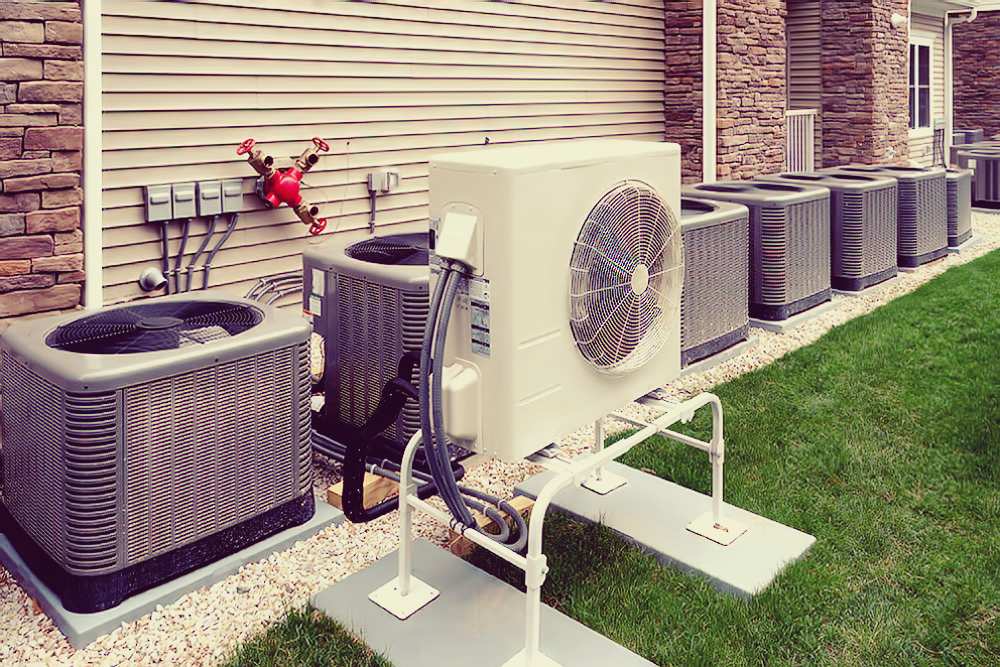Heat pumps are a popular and energy-efficient heating and cooling solution for many homes. However, like any mechanical system, heat pumps can encounter issues that affect their performance. Being aware of common heat pump problems and knowing how to troubleshoot them can help homeowners identify and potentially resolve minor issues without the need for professional assistance. In this blog post, we will provide a handy guide for homeowners to troubleshoot common heat pump issues and restore optimal functionality.
1. Insufficient Heating or Cooling:
If your heat pump is not providing adequate heating or cooling, several factors could be at play. Start by checking the thermostat settings to ensure they are correctly set for your desired temperature. Next, examine the air filters and clean or replace them if they are dirty or clogged. Restricted airflow due to dirty filters can affect the heat pump’s performance. Additionally, check the outdoor unit for any obstructions, such as debris or ice buildup, which can hinder proper heat transfer.
2. Heat Pump Not Turning On:
If your heat pump fails to turn on, there could be several reasons. First, check the power supply to ensure the unit is receiving electricity. Inspect the circuit breaker or fuse box and reset or replace any tripped breakers or blown fuses. Additionally, check the thermostat batteries and replace them if needed. If the heat pump still does not turn on, it may require professional attention, as there could be issues with the electrical components or motor.
3. Unusual Noises:
Unusual or loud noises coming from the heat pump can indicate underlying problems. Rattling or banging sounds may indicate loose or damaged components, while squealing or grinding noises can point to issues with the fan motor or belts. If you notice such noises, it is advisable to contact a professional HVAC repair technician for inspection and repairs. Attempting to fix these issues without proper knowledge and expertise may cause further damage.

4. Frequent Cycling On and Off:
Frequent cycling on and off, also known as short cycling, can occur for various reasons. Check the air filters to ensure they are clean and unrestricted. Dirty filters can obstruct airflow and lead to short cycling. Additionally, inspect the thermostat for any loose connections or faulty settings. Improper refrigerant charge, malfunctioning sensors, or issues with the compressor can also cause short cycling and may require professional diagnosis and repair.
5. Refrigerant Leaks:
Refrigerant leaks can cause a decline in the heat pump’s performance and efficiency. If you suspect a refrigerant leak, look for signs such as hissing sounds, ice buildup on the outdoor unit, or reduced cooling or heating capacity. Refrigerant leaks require professional attention, as handling refrigerants without proper training and equipment is hazardous. Contact a qualified HVAC technician to inspect, repair, and recharge the system with the appropriate refrigerant.
Conclusion:
Being familiar with common heat pump issues and their troubleshooting methods empowers homeowners to address minor problems and potentially avoid unnecessary service calls. However, it is important to recognize the limits of DIY troubleshooting and seek professional assistance for complex heat pump repairs and issues that require specialized knowledge and equipment. Regular maintenance, including cleaning or replacing air filters, clearing debris around the outdoor unit, and scheduling professional inspections, is key to ensuring optimal performance and extending the lifespan of your heat pump.


